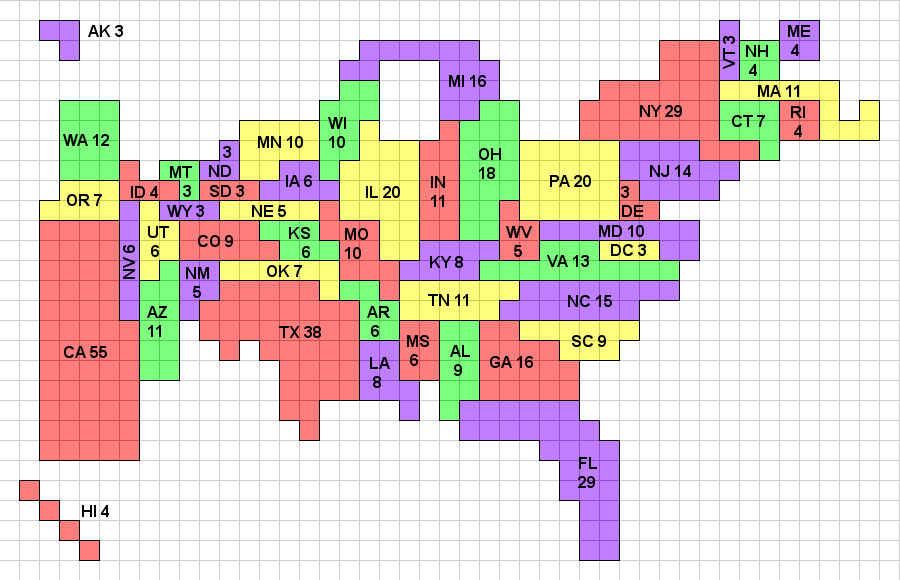For our last blog I would like you to take a look at several of the campaign websites for those seeking the office in 2012. You should compare these sites in terms of 1) their style and appearance; 2) what types of information to they offer and what do they emphasize; 3) what tools are available for supporters to use to help the campaigns and how can supporters take action. Keep in mind that while most will ask you for your e mail address you do not need to enter it, you can always click on an option to go directly to the campaign site (though following what the campaigns do might be interesting now that you all love the presidency!) First it will help to take a look at President Obama's campaign site.
Next you should browse through the leading GOP candidates' campaign sites:
Newt Gingrich
Mitt Romney
Ron Paul
Rick Perry
Michelle Bachmann
Rick Santorum
Jon Huntsman
- Do any of these campaign sites affect how you feel about the candidate?
- Which campaign(s) seem to be the most pursuasive? Why?
- What tools or information do you find the most useful/effective for campaigns?








